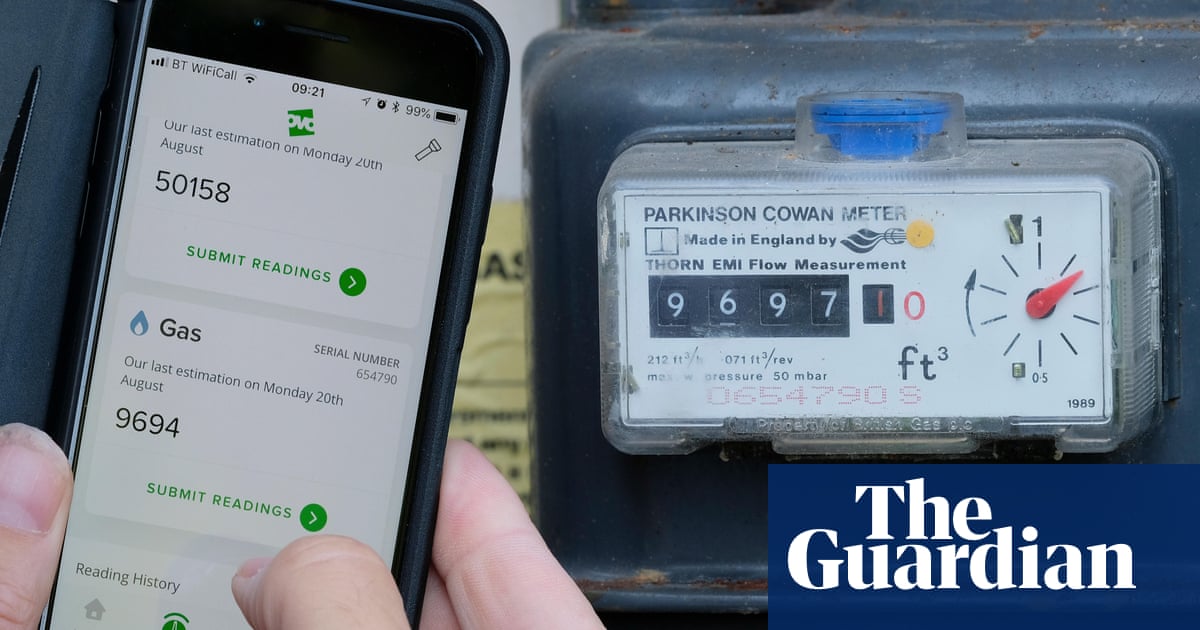The article presents a troubling account of a customer’s experience with Ovo Energy regarding the registration of a gas meter. It highlights the challenges faced by the individual, including financial anxiety and difficulties in managing household bills due to personal circumstances. The situation escalates when the gas meter is discovered to be unregistered, leading to fears of accumulating debt.
Customer Experience and Corporate Accountability
The narrative underscores the frustrations that consumers often face when dealing with utility companies. The case exemplifies a failure in customer service and communication, as the customer, who has been paying gas bills for 15 years, finds herself in a bureaucratic tangle. Ovo's eventual acknowledgment of the error and re-establishment of the account indicates a recognition of corporate responsibility, but the initial mishandling raises questions about the company's operational efficiency and customer care protocols.
Public Sentiment and Trust in Utilities
This report likely aims to resonate with readers who have experienced similar issues with utility companies, fostering a sense of solidarity and raising awareness about systemic problems in the sector. It can evoke feelings of empathy from the public, particularly among those who are vulnerable, such as single parents or individuals with disabilities, highlighting the importance of effective communication and support from service providers.
Potential Omissions or Hidden Agendas
While the article primarily focuses on the customer’s plight, it may inadvertently downplay the broader implications of such systemic failures within utility companies. There might be underlying issues related to regulatory standards or the efficiency of data management systems that are not addressed, which could be of significance to consumers and policymakers alike.
Reliability and Manipulative Elements
The reliability of the article appears strong, as it provides a detailed account of the customer's experience, the response from Ovo, and the eventual resolution. However, the framing of the issue may lead to a perception of victimization that could be seen as manipulative if it oversimplifies the complexities involved in utility management and customer service.
Broader Implications
In the context of current societal challenges, this story reflects ongoing concerns about consumer protection and corporate accountability. The potential for financial strain on vulnerable households may resonate with larger economic discussions, especially in the wake of rising living costs. This narrative may encourage calls for improved regulatory oversight and support for consumers facing similar issues.
Community Support and Engagement
The article is likely to attract support from communities advocating for consumer rights, single parents, and those with disabilities. It emphasizes the need for systemic change within utility companies, appealing to a broad audience concerned with consumer advocacy and social justice.
Market Impact Considerations
While this specific case may not directly influence stock markets or broader economic indicators, it could contribute to a growing public sentiment that pressures utility companies to enhance customer service and transparency. Companies within the energy sector may face increased scrutiny, affecting their reputations and potentially impacting their market performance.
Geopolitical Relevance
The article does not directly connect to larger geopolitical issues, but it does touch on themes of corporate responsibility and consumer rights that are relevant in broader discussions about economic stability and social equity.
Use of AI in Writing
It is conceivable that AI tools were utilized in the drafting process to streamline communication or enhance clarity. However, in the context of this article, the narrative seems to reflect a human touch, focusing on personal experience rather than algorithmic language patterns.
In conclusion, while the article effectively highlights the struggles of a consumer dealing with an energy provider, it also raises broader questions about corporate accountability and the need for systemic improvements in customer service within the utilities sector.
